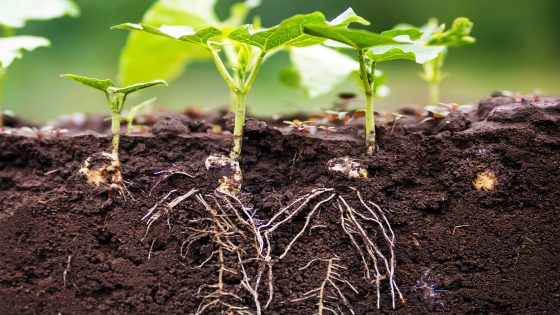Researchers have uncovered how plant roots optimize growth through a process called autophagy. This cellular clean-up mechanism is crucial for plants, especially as weather patterns become increasingly erratic. On May 13, 2025, findings from the University of Copenhagen revealed the intricate relationship between autophagy and root development.
- Seeds aim to reach water and nutrients.
- Autophagy affects root branching timing.
- ARF7 protein cycles with auxin hormone.
- Disabling autophagy reduces root efficiency.
- Findings may improve crop resilience.
- Research explores ancient plant development links.
As roots probe the soil for water and nutrients, the timing of branch formation plays a vital role in a plant’s survival. Understanding this process can lead to improved crop resilience in the face of climate change.
This discovery raises an important question: how can we leverage this knowledge for agricultural advancements? By enhancing autophagy, we could potentially develop crops that are more resilient to droughts and floods.
- Autophagy aids in the timely formation of root branches.
- Disruption of this process leads to inefficient nutrient absorption.
- Understanding autophagy could improve crop yields.
- Research may pave the way for innovative agricultural practices.
As we explore these findings further, the agricultural community can look forward to innovative strategies that enhance food security in a changing climate.
































